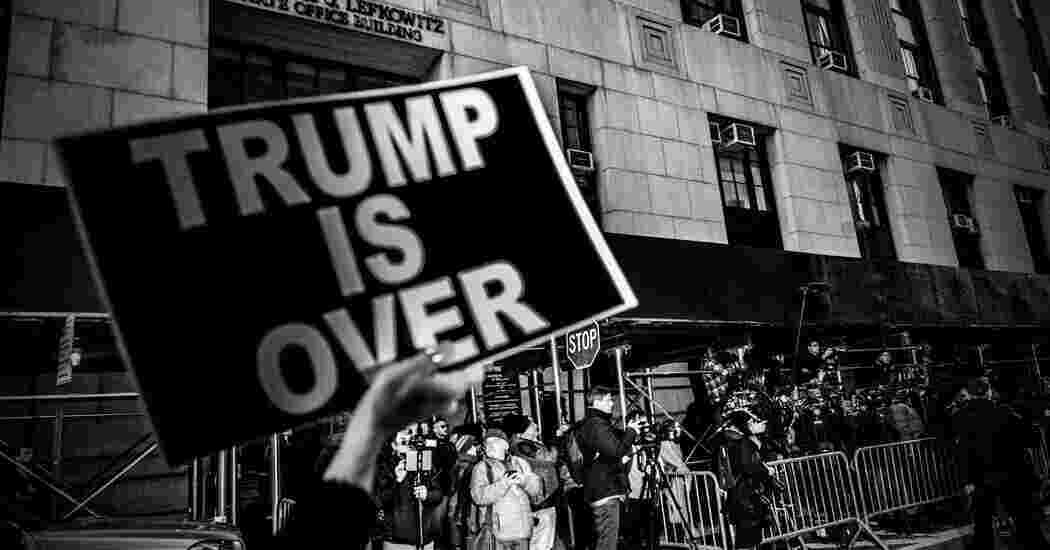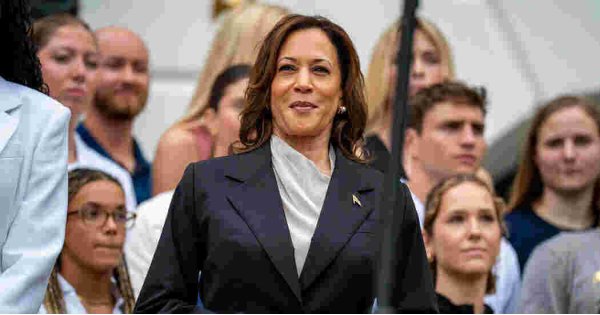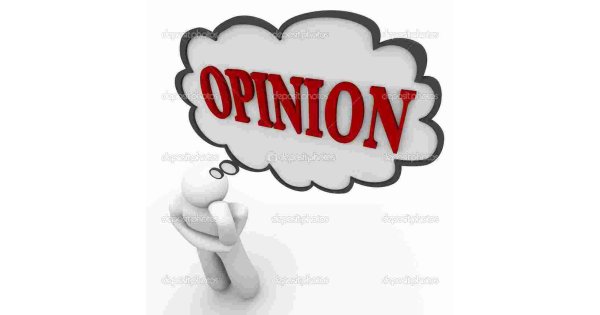Based on the information provided, it seems that the article discusses the Manhattan case against Donald Trump and offers a perspective on what the case is really about. The author, Rebecca Roiphe, who is a former assistant district attorney in the Manhattan District Attorney's Office, argues that the case is not about election interference or a politically motivated attempt to criminalize a personal deal. Instead, she asserts that it is a case about business integrity and preventing wealthy individuals from using their businesses to commit crimes and evade accountability.
Roiphe explains that Manhattan prosecutors have long prioritized ensuring the integrity of the financial markets and consider access to markets and industry in New York as a privilege for businesspeople. The case against Trump revolves around allegations of falsifying business records with the intent to violate federal and state election laws or tax laws. The author highlights that the number of false records created and the timing of payments suggest an intent to cover up potential damaging information rather than merely protecting family members from embarrassment.
The article emphasizes that the case should be viewed in the context of preventing wealthy individuals from using their businesses as a cover for illegal activities. It argues that the case is similar to many other business records cases brought in New York and should be defended based on its own merits, rather than comparing it to other high-profile events. The author suggests that if others would be prosecuted for similar conduct, then no one, including a former president, should be above the law.
In summary, the article argues that the Manhattan case against Donald Trump is primarily about business integrity and preventing the abuse of privilege by wealthy individuals. It emphasizes the importance of focusing on the facts and law of the case rather than getting caught up in narratives and political motivations.
Opinion | We Are Talking About the Manhattan Case Against Trump All Wrong
Boring as it may sound, it is a case about business integrity.





